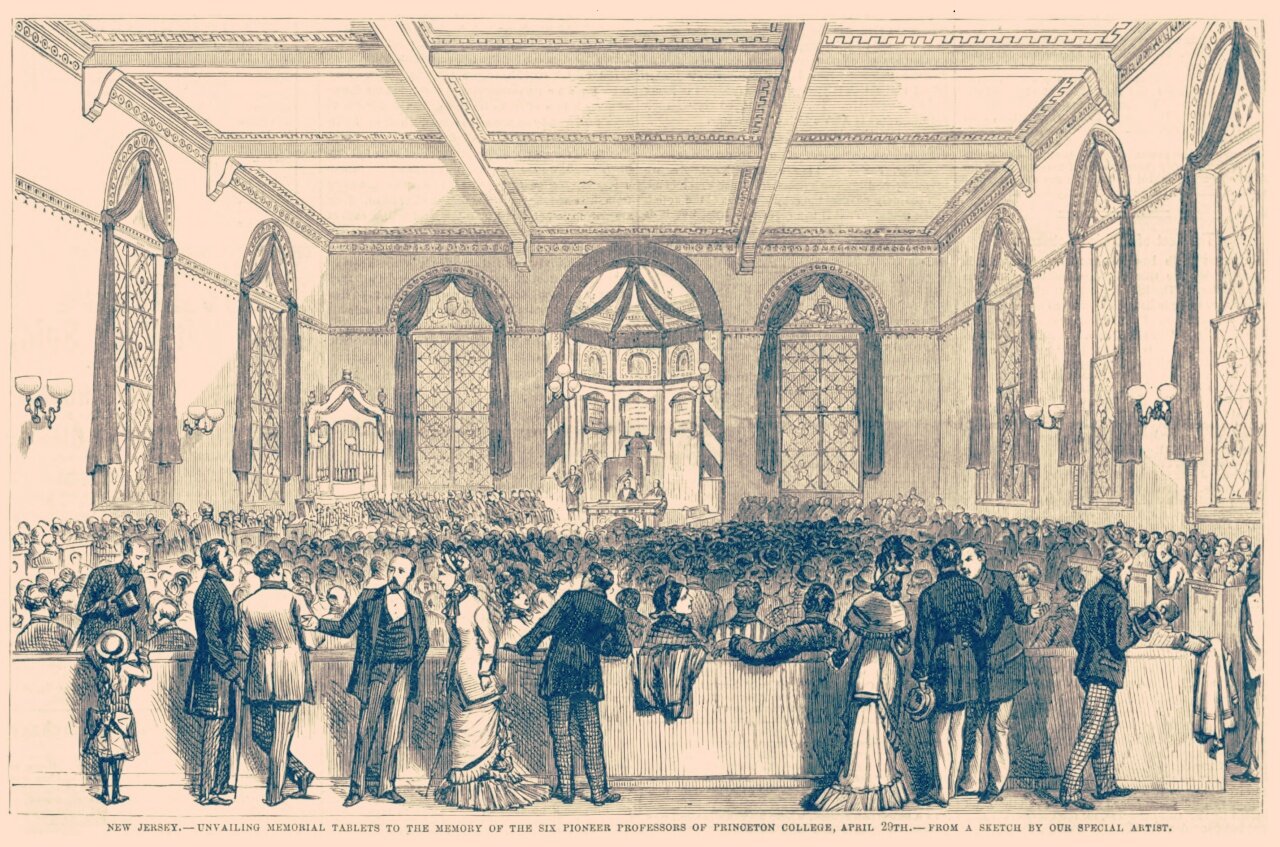Receive our blog posts in your email by filling out the form at the bottom of this page.
Here is an October report on what’s been going on lately at Log College Press.
In September 2022, we added 370 new works to the site. There are now over 16,000 free works available at LCP. Today we are putting the spotlight on some of the new free PDFs available as found on our Recent Additions and Early Access pages, two features provided to members of the Dead Presbyterians Society.
Some highlights at the Early Access page:
John Moorhead and Ebenezer Pemberton, Jr. were among several New England ministers who attested to the originality of the 1773 landmark volume of poetry by Phillis Wheatley titled Poems on Various Subjects, Religious and Moral;
James Porter Smith, An Open Door in Brazil: Being a Brief Survey of the Mission Work Carried on in Brazil Since 1869 by the Presbyterian Church in the United States (1925);
Charles Stelzle’s autobiography, A Son of the Bowery: The Life Story of an East Side America (1926);
Some new discourses by William B. Sprague; and
several works by James Renwick Willson, including the complete run of The Evangelical Witness (1822-1826).
Some highlights at the Recent Addtiions page:
John Breckinridge, The Annual of the Board of Education of the General Assembly of the Presbyterian Church in the United States, Vol. 1 (1832), a remarkable compilation of valuable discourses;
Dozens of new works — including many biographical sketches — by Louis Meyer, the Jewish Reformed Presbyterian minister, who also served as an editor for The Fundamentals;
Dozens of articles and sermons by Thomas Smyth; and
Thomas Cary Johnson, God’s Answer to Evolution (1924).
Be sure also to check out the quotes we have been adding at our blog for DPS members: Though Dead They Still Speak, including A.A. Hodge on God’s moral law; C.W. Grafton on the design of the Christian Sabbath; and a set of quotes from the ecclesiastical catechisms of Alexander McLeod and Thomas Smyth on the divine right of Presbyterianism.
In general, we have also been seeking to add biographical information and photos to author pages that have been around for a while, giving many of them a fresh look and more usefulness to our readers.
Please feel free to browse the many resources available to our readers in print and in digital format. There is a lot to explore, and many Presbyterian voices from the past to hear. Thank you, as always, for your interest and support, dear friends.







